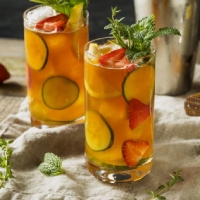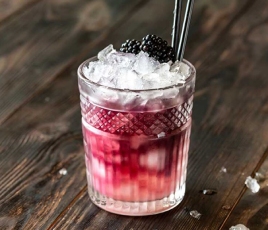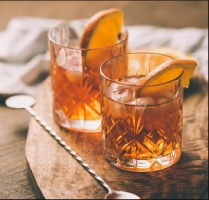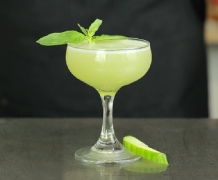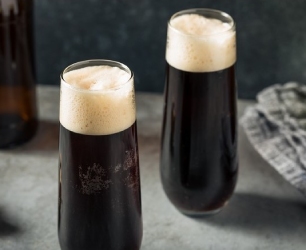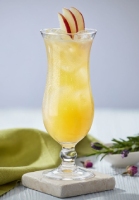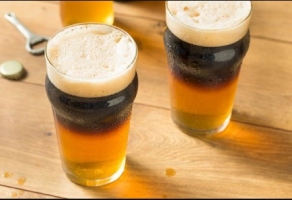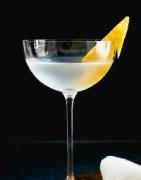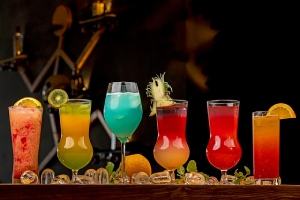
Cocktails That Deserve a Spot on Your Bucket List
Cocktails are a large part of British alcohol culture. They are enjoyed in stylish lounges, buzzing pubs or at garden parties. Many of these classic cocktails have tales that are linked to naval customs, famous authors and innovative bartenders. Some have existed for centuries, while others are recent classics and are still in demand. From the fruit-flavoured Pimm's Cup to the sleek Vesper Martini, these beverages flaunt Britain's rich cocktail tradition.
